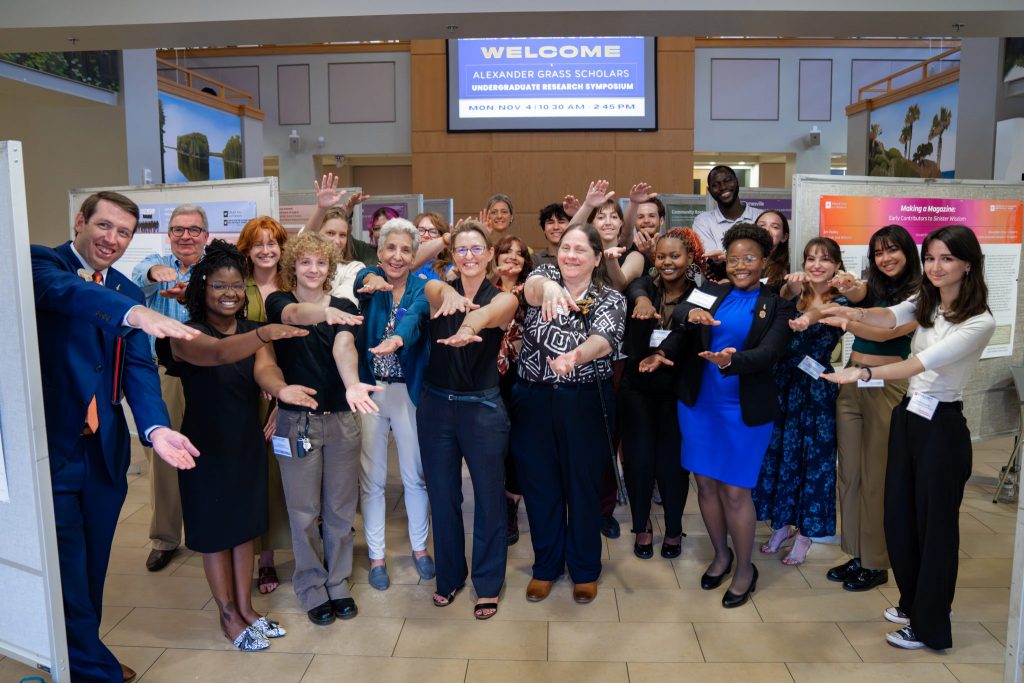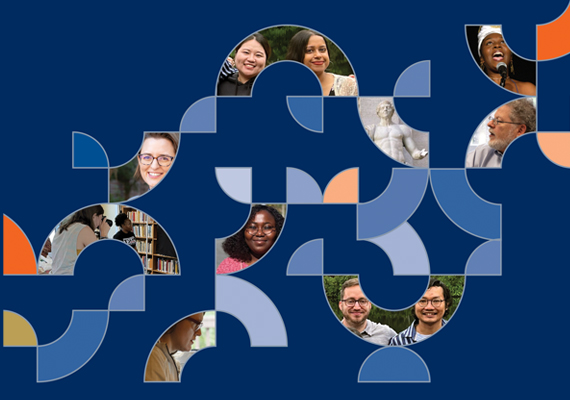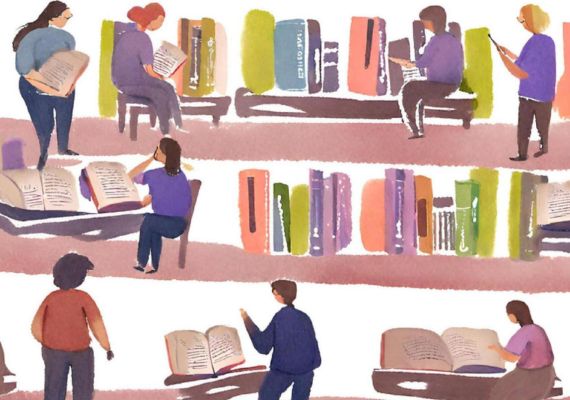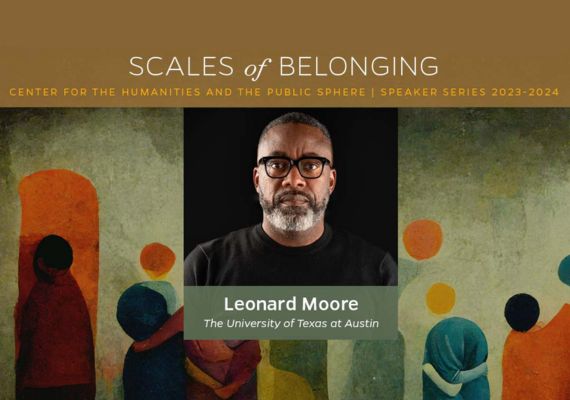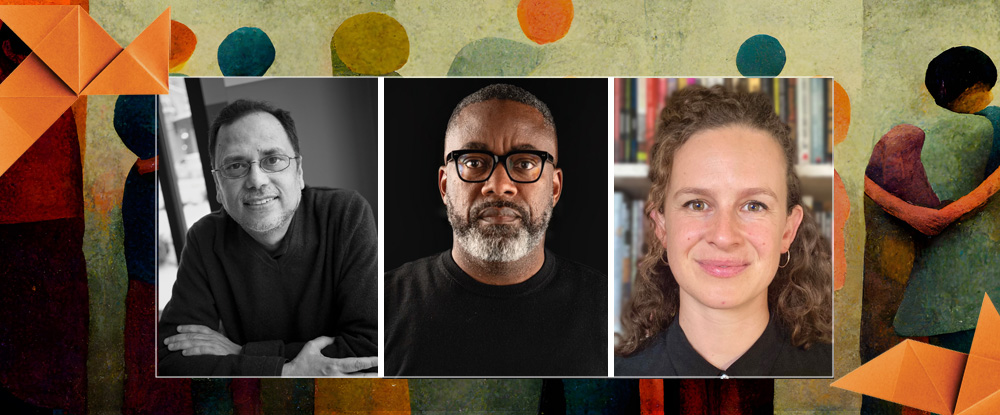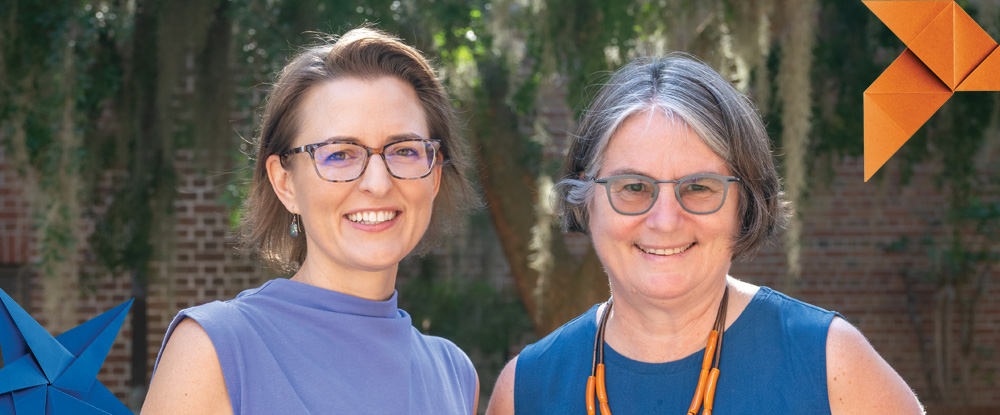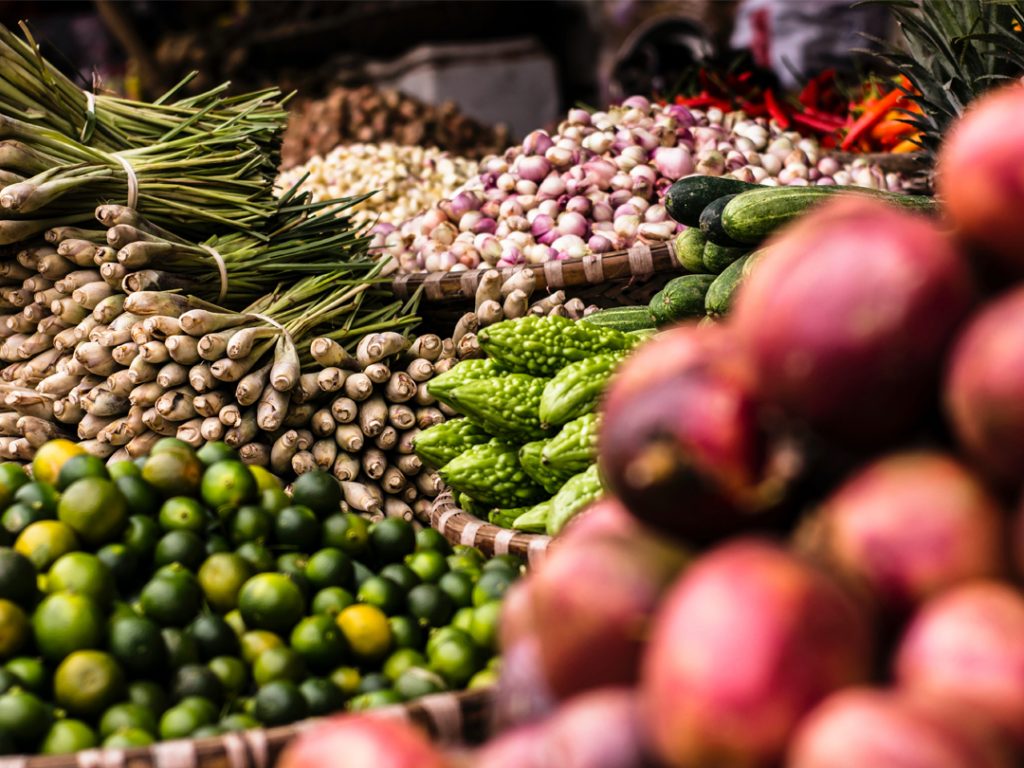The Alexander Grass Scholars Program celebrates a successful first year
On November 4th, the Alexander Grass Scholars’ Program celebrated the end of its inaugural year with an undergraduate research symposium, giving the first cohort an opportunity to share their work with the university community.
Read more "The Alexander Grass Scholars Program celebrates a successful first year"
